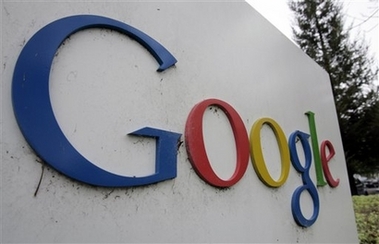Americas
Google asks for help to fight censorship
(AP)
Updated: 2007-06-25 11:07
 |
Large Medium Small |
WASHINGTON - Once relatively indifferent to government affairs, Google Inc. is seeking help inside the Beltway to fight the rise of Web censorship worldwide.
Google sees the dramatic increase in government Net censorship, particularly in Asia and the Middle East, as a potential threat to its advertising-driven business model, and wants government officials to consider the issue in economic, rather than just political, terms.
"It's fair to say that censorship is the No. 1 barrier to trade that we face," said Andrew McLaughlin, Google's director of public policy and government affairs. A Google spokesman said Monday that McLaughlin has met with officials from the US Trade Representative's office several times this year to discuss the issue.
"If censorship regimes create barriers to trade in violation of international trade rules, the USTR would get involved," USTR spokeswoman Gretchen Hamel said. She added though that human rights issues, such as censorship, typically falls under the purview of the State Department.
Censorship online has risen dramatically the past five years, belying the hype of the late 1990s, which portrayed the Internet as largely impervious to government interference.
A study released last month by the OpenNet Initiative found that 25 of 41 countries surveyed engage in Internet censorship. That's a dramatic increase from the two or three countries guilty of the practice in 2002, says John Palfrey, executive director of the Berkman Center for Internet & Society at Harvard Law School, who helped prepare the report.
Vietnam, Saudi Arabia, India, Singapore and Thailand, among others, are increasingly blocking or filtering Web pages, Palfrey says.
Governments "are having more success than the more idealistic of us thought," acknowledges Danny O'Brien, international outreach coordinator at the Electronic Frontier Foundation.
Google's YouTube has become a common target for thin-skinned rulers. Turkey in March blocked the video-sharing site for two days after a complaint that some clips insulted Turkey's founding father, Mustafa Kemal Ataturk.
Thailand continues to block YouTube after several videos appeared in April, criticizing the country's monarch.
Bloggers in Morocco said in late May that they could not access YouTube shortly after videos were posted critical of that nation's treatment of the people of Western Sahara, a territory that Morocco took control of in 1975. A government spokesman blamed a technical glitch.
One likely source for Google's censorship idea is a paper written two years ago by Timothy Wu, a professor at Columbia Law School, who argues that downloading a Web page hosted in another country effectively imports a service.
Drawing on that concept, Google envisions using trade agreements to fight back. The negotiated pacts would include provisions guaranteeing free trade in "information services." As is true of most trade pacts, the provisions would call for arbitration if there are violations.
The US has a trade agreement with Morocco and began negotiating one with Thailand in 2004, although those talks were suspended early last year after a military coup.
| 分享按钮 |

